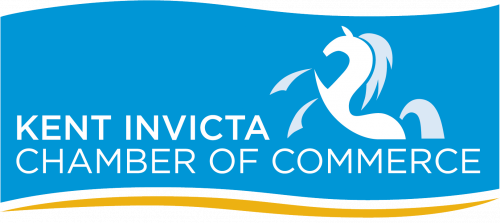Begin Your Companies Sustainability Journey – For Free!?
For many, sustainability remains a topic that is avoided in the board room or with business owners.
There remains a common belief that ‘sustainability’ in whatever form is a purely philanthropic exercise – throwing money at a problem that will give no tangible business improvement. It won’t improve out commercial success, it doesn’t make financial sense, it won’t improve the balance sheet or help cashflow.
Oh how wrong that narrative is!
Let me explain…
On a daily basis, I speak to businesses who aren’t interested in what I have to say. The typical responses I get in sales meetings include:
1) I’m going to sell up or exit in the next few years. It’s not worth the money or effort and I won’t see the pay-back
2) I’m not sure I believe in this whole climate crisis nonsense. Money for old rope — what’s in it for me…?
3) We don’t have the time or money to invest into this sort of thing. I’m just trying to stay afloat, not spend more.
It’s very hard to change that belief without sounding ‘salesy’ but what if there was a way you could begin your sustainability journey as a pure by-product of saving you money?
What if you were able to:
1) Make your business materially more valuable for when you do sell it or exit —even if that is within a 12 month window
2) Turn that old rope into gold rope, improving your bottom line whilst also becoming sustainable — for free…
3) Begin to measure your carbon footprint and report on its reduction
Too good to be true? Not so.
What is that golden bullet? –> Half Hourly Energy Consumption
Here is an illustrative example based on a real business:
Steve’s CNC business, which has grown from one machine shop to 4 over the last 15 years has also grown in its complexity as that growth has happened. More locations, more staff, more machinery, more clients etc
By reviewing his energy usage, the business saved £250,000 a year by sending one email to his energy supplier(s) and taking a look at his energy usage.
Steve had assumed over the years that with every new addition, the set up had been done correctly and nothing would change but inevitably that wasn’t the real picture. When looking at his energy data, it showed:
– Weekends and evenings had a far energy higher usage than was anticipated – even when the factory was closed
– Weekday mornings had spikes of energy draw that exceeded his allowance, meaning financial penalties from his supplier
– Each weekday showed inconsistent usage. There wasn’t a constant pattern during working hours of energy consumption which followed through to evenings too.
Why?
As the business has grown and to nobody’s surprise…
- Had the scheduling of when all of the equipment goes into standby or cycles power been closely monitored over the last 15 years? No
- Was some of the equipment on 24/7 because it was of an age that there were no smart management capabilities? Yes
- When was the last time he or someone within his business evaluated just how efficient (or inefficient) the older equipment was and whether it could be improved? Never
- Had the workshop AC & office heating been properly calibrated? No
- Did it also run when the office was empty? Yes
Was any of this anyone’s fault — no!
The business has been running day to day for the past 15 years, handling customers, commercial growth, team expansion. Has energy consumption on a half-hourly basis ever crossed his mind? Between everything else, no chance!
So what is the solution and what did the usage show?
- All his machines came on at the same time, every day causing a huge spike at 8am. This was solved by simply staggering the ‘On’ times of the equipment to reduce overlap
- All machines had their motors evaluated with the more Dickensian ones being replaced with highly efficient replacements. This was also funded by the local council!
- All other ancillary electrical assets were added to a simple, smart management system to ensure things like each room had a properly calibrated thermostat.
Long story short, by taking time to evaluate the efficiency and energy usage of the business, 3 things were delivered:
1) Improved ownership and procurement of new contracts for the energy supply across all locations — now centrally managed and maintained
2) Migration to energy supply from more sustainable sources at no additional cost
4) A centrally managed energy & facilities management platform, minimising cost over time and ensuring peace of mind.
3) £250,000 a year bottom line cash savings
5) A HUGELY reduced carbon footprint with absolutely no direct focus on attempting to become more sustainable.
Taking a look back at the pushbacks I often hear – do they still make sense!?
1) I’m going to sell up or exit in the next few years. It’s not worth the money or effort.
Based on the bottom line improvement, you’ve just delivered a materially more profitable and attractive business that now also has sustainability credentials to boot.
2) I’m not sure I believe in this whole climate crisis nonsense. Money for old rope — what’s in it for me…
Whilst I won’t attempt to convince you that the climate crisis is real, cost savings and sustainability work hand in hand. There isn’t an argument for becoming more sustainable — even if you don’t believe in the merits of the wider argument and agenda.
3) We don’t have the time or money to invest into this sort of thing. I’m just trying to stay afloat, not spend more.
The time and effort needed to get your half-hourly energy consumption data measures in minutes in a day OR can be done by a consultant (me) at ZERO net additional cost.
The positive consequences of reducing your usage, saving you cash and reducing your footprint are potentially tens of thousands in a year, potentially in a month. Is that worth your time?
For Steve’s business, I’d argue the ROI on his time and money is probably the best investment he has, and will ever make in his business.
Want a helping hand – just shout.
— — — — — —
I’m Dave, a former McKinsey strategy consultant, now supporting UK businesses to understand and address what carbon means for them and reducing cost at the same time.
You can contact me on:
Find me on Linkedin
Book a slot for a chat via Calendly


